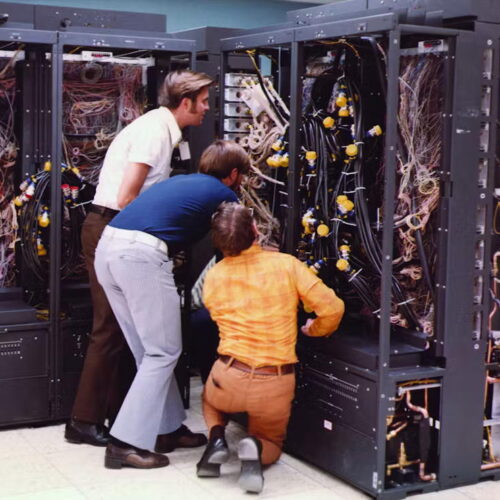How the UK was connected to the Internet for the first time
The Internet has become the most prevalent communications technology the world has ever seen. Though there are more fixed and mobile telephone connections, even they use Internet technology in their core. For all the many uses the Internet allows for today, its origins lie in the cold war and the need for a defense communications network that could survive a nuclear strike. But that defense communications network quickly became used for general communications and within only a few years of the first transmission, traffic on the predecessor to today’s Internet was already 75 percent email.
In the beginning
Arpanet was the vital precursor of today’s Internet, commissioned by the US Defence Advanced Research Projects Agency (DARPA) in 1969. In his interesting account of why Arpanet came about, Stephen Lukasic, director of DARPA from 1970–75, wrote that if its true nature and impact had been realized it would never have been permitted under the US government structure of the time. The concept for a decentralized communications technology that would survive a nuclear attack would have placed it outside DARPA’s remit (as defense communications specifically were assigned to a different agency), so the focus changed to how to connect computers together so that major applications could be run on the most appropriate system available.
This was in the era of time-sharing computers. Today’s familiar world of the ubiquitous “personal computer” on each desk was decades away. Computers of this time were generally very large, filling entire rooms, and comparatively rare. Users working at connected terminals would submit jobs to the computer that would allocate processing time for the job when available. The idea went that if these computers were networked together, an available remote computer could process a job even when the computers closer to the users were full. The resulting network was called Arpanet, and the first packets of data traversed the network in September 1969.


© Lawrence Livermore National Laboratory
